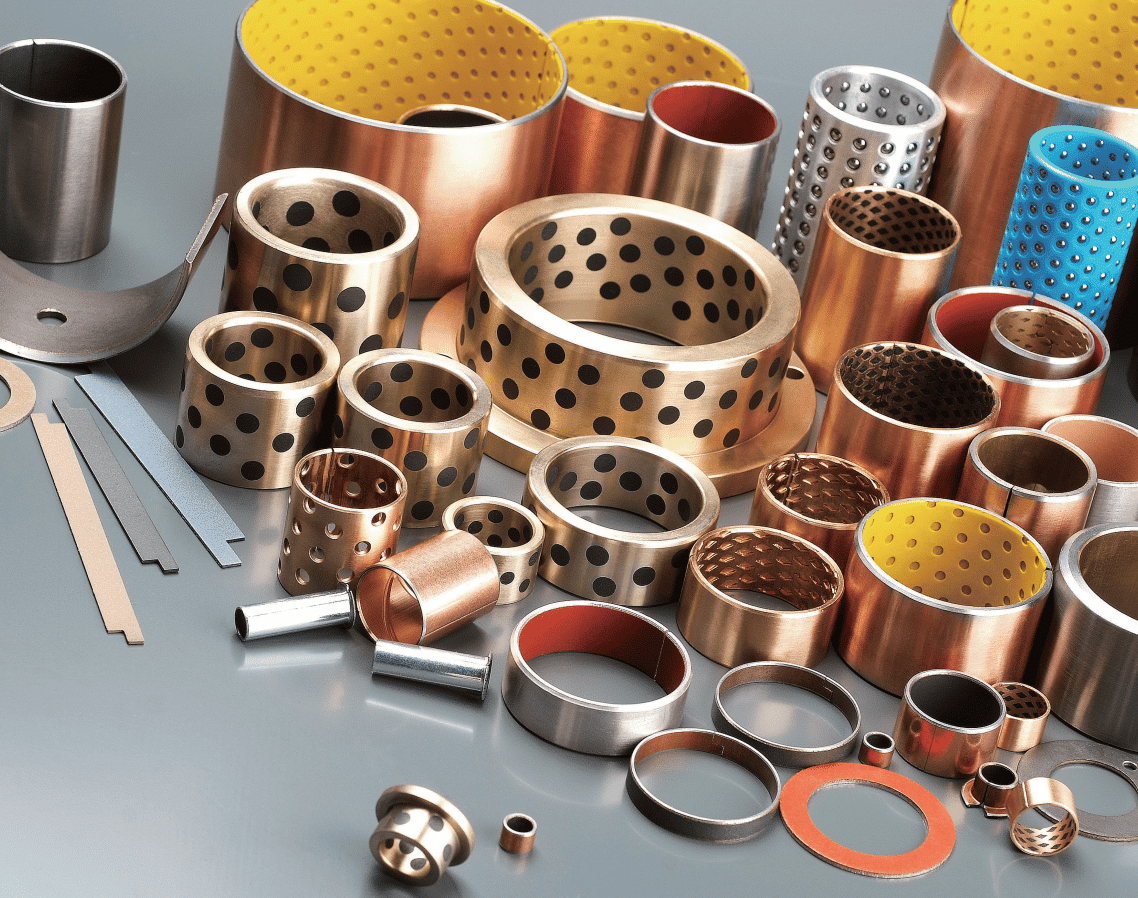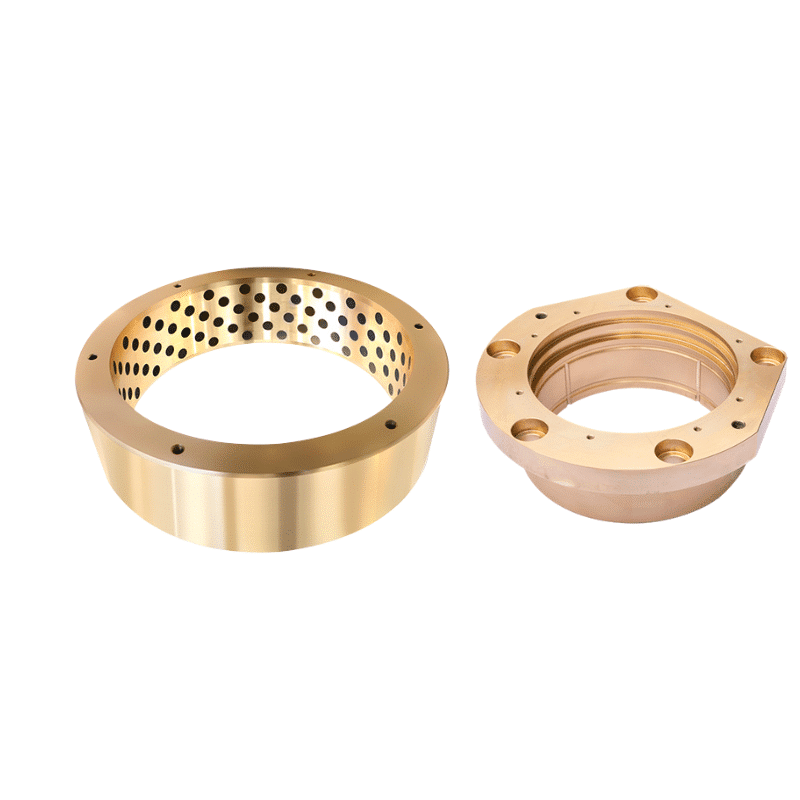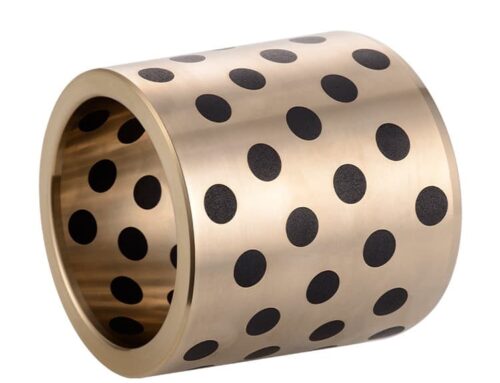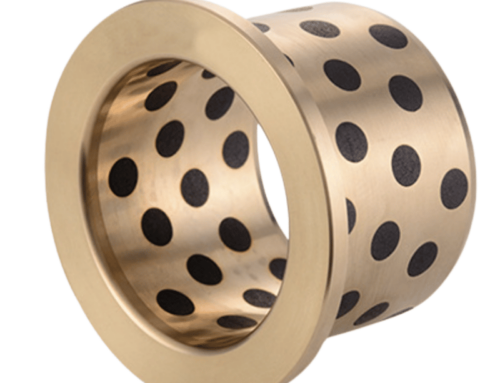Understanding Burden Feeders and Their Bearings
The Vital Role of Self-Lubricating Bronze Bearings in Burden Feeders for Direct Reduction Plants
Bronze bushings play a huge role in reducing friction.
Types of Bronze Bushings
In the high-demand environment of direct reduction plants, the efficiency and longevity of equipment are paramount. One key component in ensuring smooth operation and reduced maintenance costs is the use of self-lubricating bronze bearings. Particularly, the Graphite Plug Bronze Bearings made from Alloy B237 have emerged as a frontrunner in this field. These bearings are specifically designed for different sections of burden feeders, namely the upper, middle, and lower burden feeder bearings. In this article, we delve into the unique features and benefits of these bearings in direct reduction plant applications.
Product Quality Index
Energy Generation
Burden Feeder self-lubricating bearings
Self-lubricating: Many Burden Feeder Bearing and bronze bushings are capable of holding lubrication within their structure, reducing the need for frequent re-lubrication.
Understanding Burden Feeders and Their Bearings
Choosing the Right Bronze Bushing for Your Needs
Burden feeders play a crucial role in direct reduction plants. They are responsible for the controlled feeding of raw materials into the reduction furnace. The efficiency of these feeders directly impacts the plant’s overall productivity. Bearings in these feeders must withstand high loads, abrasive conditions, and fluctuating temperatures. This is where self-lubricating bronze bearings come into play.

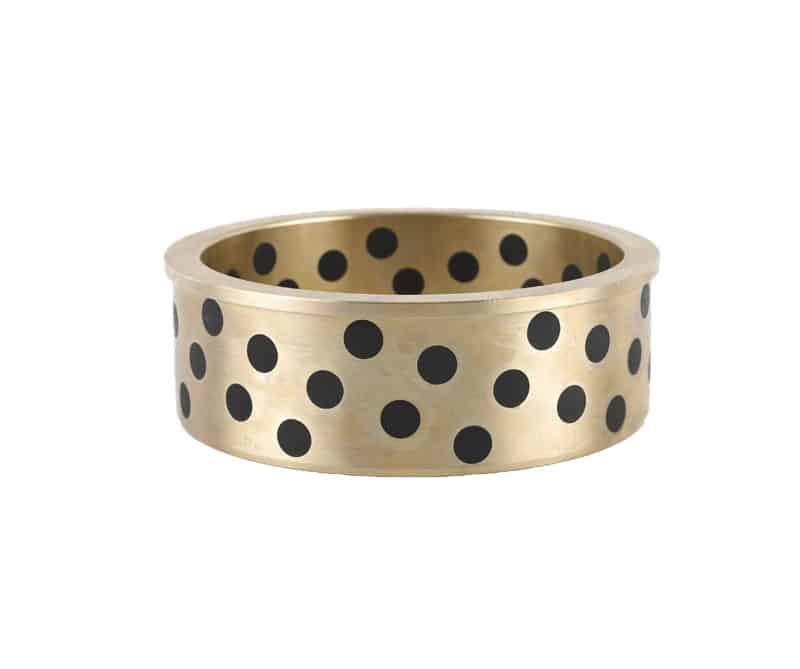
Why Choose Alloy B237 Graphite Plug Bronze Bearings?
Self-Lubrication: The primary advantage of these bearings is their self-lubricating feature. Embedded with graphite plugs, these bearings release lubricant gradually, reducing the need for regular manual lubrication. This not only cuts down maintenance time but also extends the life span of the bearings.
High Load Capacity: Alloy B237 is known for its excellent load-bearing capacity. This makes it suitable for the heavy-duty operation of burden feeders, where bearings are subjected to high stress.
Resistance to Corrosion and Wear: These bearings exhibit remarkable corrosion resistance, crucial in the harsh environments of direct reduction plants. Additionally, the wear resistance of Alloy B237 prolongs the bearing life, ensuring consistent performance.
Tailored for Different Feeder Sections: The specific designs for the upper, middle, and lower burden feeder bearings ensure optimal performance in each section. This tailored approach addresses the unique challenges faced by different parts of the feeder.
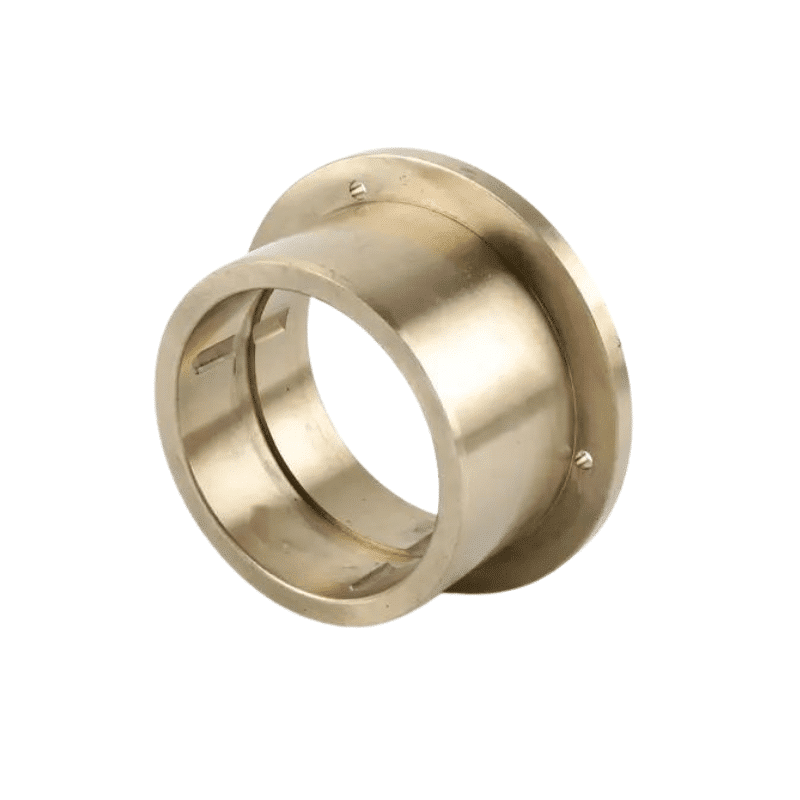
Upper burden feeder bearing
In direct reduction plants, the consistency of raw material flow is vital. The upper burden feeder bearing, positioned at the top, handles the initial load of raw materials.
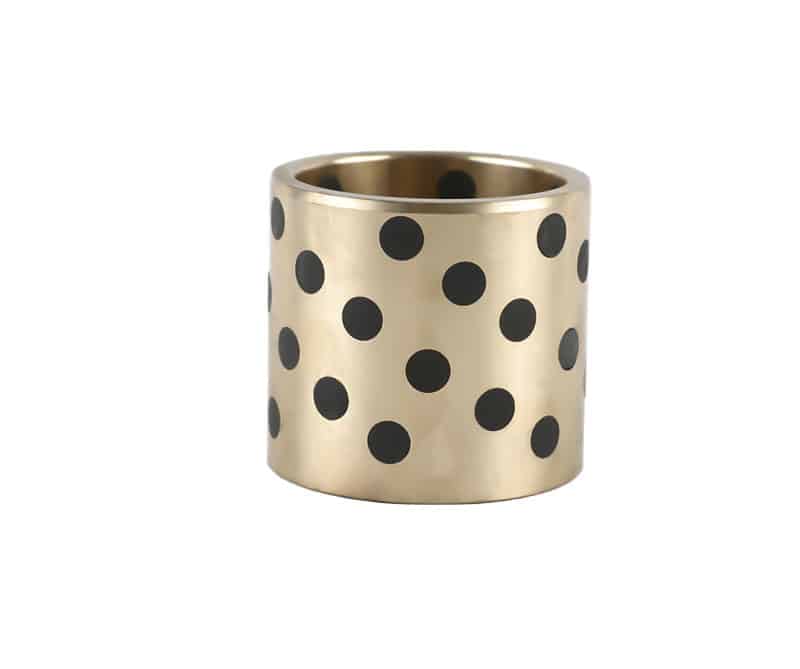
Middle burden feeder bearing
The middle and lower bearings further support and guide the materials through the feeder.
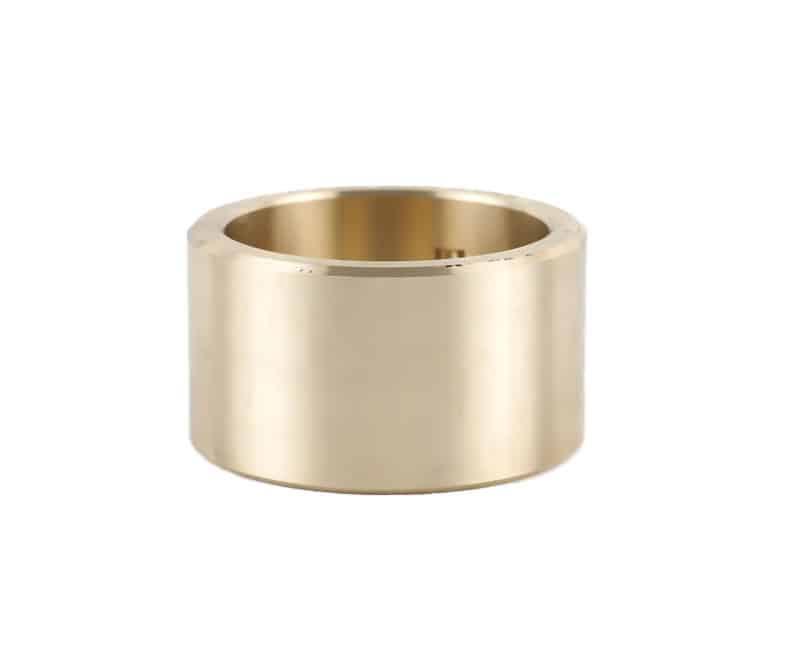
Lower burden feeder bearing:
The use of self-lubricating bronze bearings in these sections ensures a smoother, uninterrupted flow of materials, enhancing the overall efficiency of the plant.
